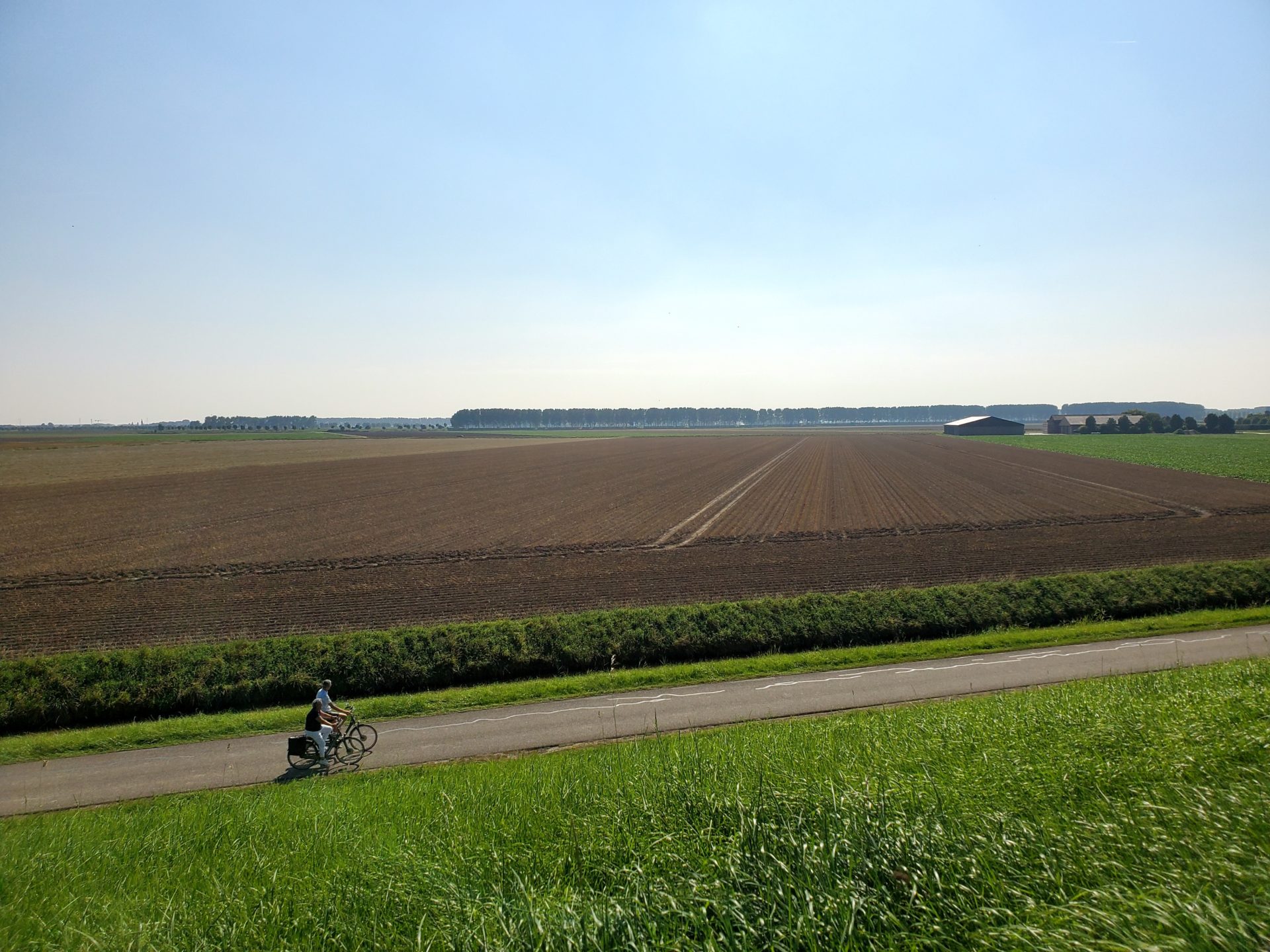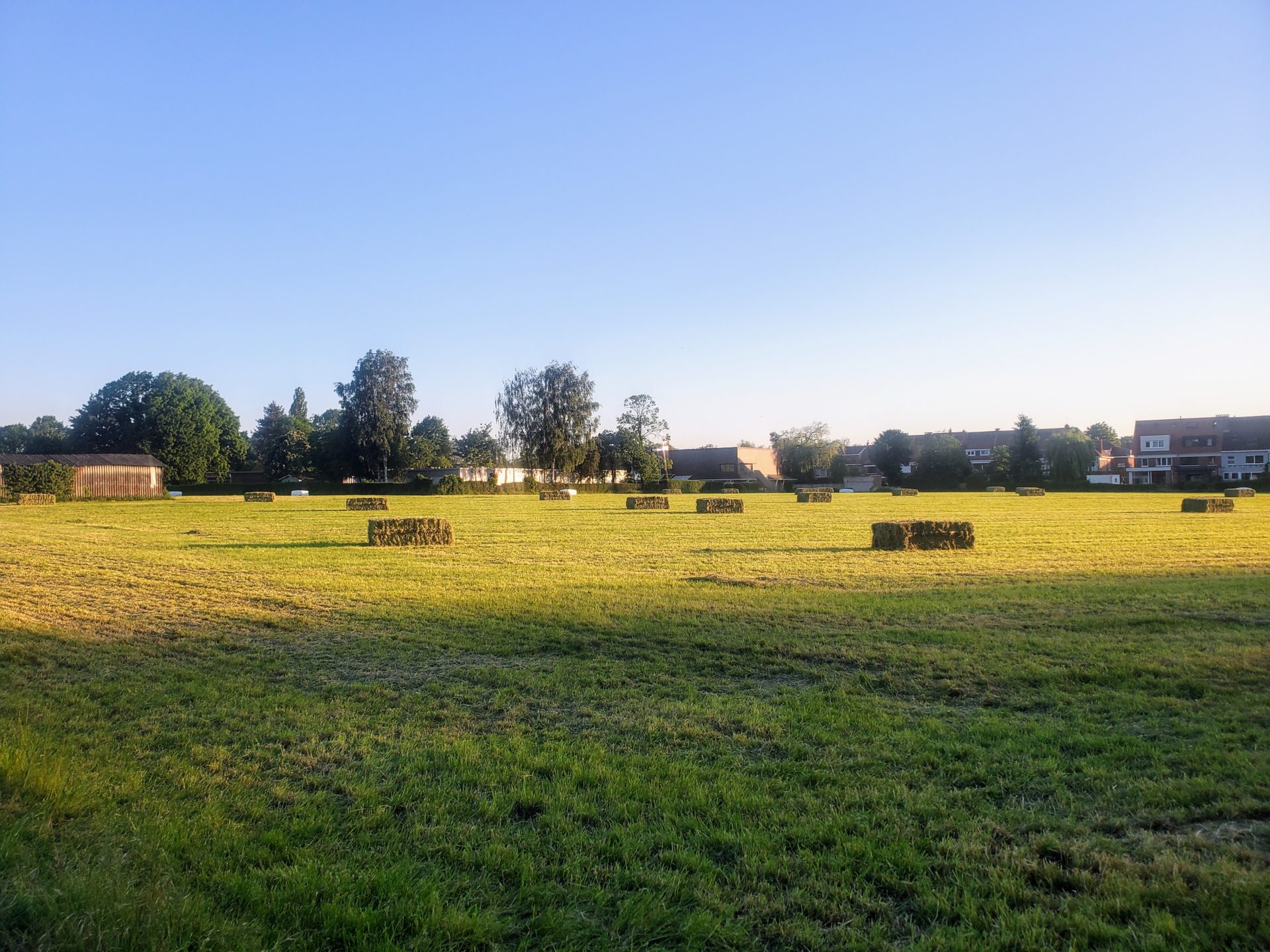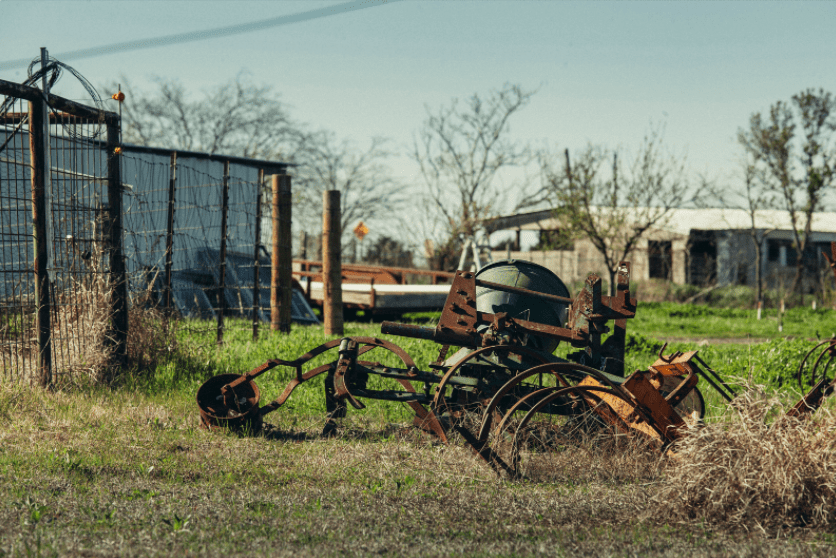Europeans in rural areas report feeling overlooked, according to the results of a first-of-its-kind study from the Future of Rural Energy in Europe Initiative (FREE).
“People in rural areas feel underrepresented,” Silvia Estivill told The Brussels Times. “When we talk about rural people in Europe we’re talking about 130 million people, that's a lot.”
Around 8,000 residents and 700 business actors were interviewed over the course of last summer from rural regions in Belgium, Denmark, France, Germany, Ireland, Italy, Poland, Spain and Sweden.
Yet though the landscapes might have changed, the sentiments stayed the same in the different regions: “People in rural areas feel overlooked, and they feel they should have the same opportunities as people in cities.”
Related News
- Trespassing animal rights activists: poultry farms want action against break-ins
- 'Not cuddly creatures': Wolves in Europe divide public opinion
- Colruyt starts mussel farm off Belgian coast
Survey respondents shared concerns about transportation, internet access, representation in policy debates (the European Green Deal in particular), and a lack of funding; two-thirds said they wanted more financial support for rural areas.
Limited options for energy mean higher bills
One of the biggest challenges cited by Europeans living in rural areas was access to affordable energy – one-third of respondents said they feel they have fewer heating options than someone who’s based in the city.
They’re not wrong, either: the over 40 million European households living in rural areas are generally not connected to the gas grid, according to FREE’s study, which means they have fewer options when it comes to the transition to cleaner energy.

A farm in Flanders. Photo by Helen Lyons/The Brussels Times.
“Rural residents have fewer energy choices, which means sometimes that they have to choose more polluting options,” Estivill explained. Over 7 in 10 respondents agreed that homeowners (78%) should get incentives to install more environmentally friendly heating solutions.
A plea for more financial support
Respondents also spoke more broadly about a lack of structured funding for rural initiatives, along with limited representation in areas of policy and government.
“When you read news articles and such, there’s almost always a focus on cities,” said Estivill. “Things like transport, internet access, the things that are sort of taken for granted in cities – when it comes to rural areas, they could really use more support with these.”

A farm in Flanders. Photo by Helen Lyons / The Brussels Times.
A lack of representation in the EU
Around 53% of rural citizens said they do not feel adequately represented by the EU.
“It’s clear that there is a lack of information on rural areas, especially on the challenges they face,” said Freddie Alloh, Senior Consultant at Savanta ComRes and lead researcher of the Rural Barometer Survey.
“This means we risk having policies that disproportionately address urban realities.”
Alloh and others hope that the Rural Barometer will contribute to closing the data gap when it comes to rural Europe. The initiative aims to provide regular up-to-date information on the climate and energy needs of rural communities.

